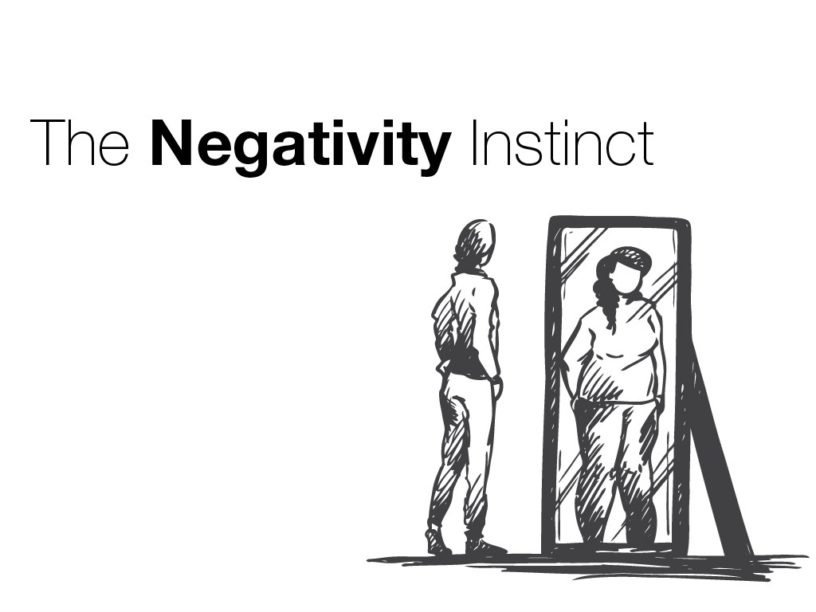 The negativity instinct refers to the human tendency to pay more attention and give more weight to negative events and experiences than positive ones. It is a cognitive bias that affects how we perceive and remember information, and it is believed to have evolved as a survival mechanism.
The negativity instinct refers to the human tendency to pay more attention and give more weight to negative events and experiences than positive ones. It is a cognitive bias that affects how we perceive and remember information, and it is believed to have evolved as a survival mechanism.
This instinct has been observed in many different contexts, including personal relationships, the news media, and public discourse. For example, people tend to remember criticism more than praise, they are more likely to share negative news stories than positive ones, and they are more likely to be influenced by negative political ads than positive ones.
The negativity instinct can have both positive and negative effects on individuals and society. On the one hand, it can help us identify potential threats and avoid dangerous situations. On the other hand, it can lead to a pessimistic outlook on life and a tendency to focus on problems rather than solutions.
To overcome the negativity instinct, it is important to cultivate a more balanced perspective and actively seek out positive experiences and information. This can involve practicing gratitude, engaging in positive self-talk, and limiting exposure to negative news and media.




Leave a Reply